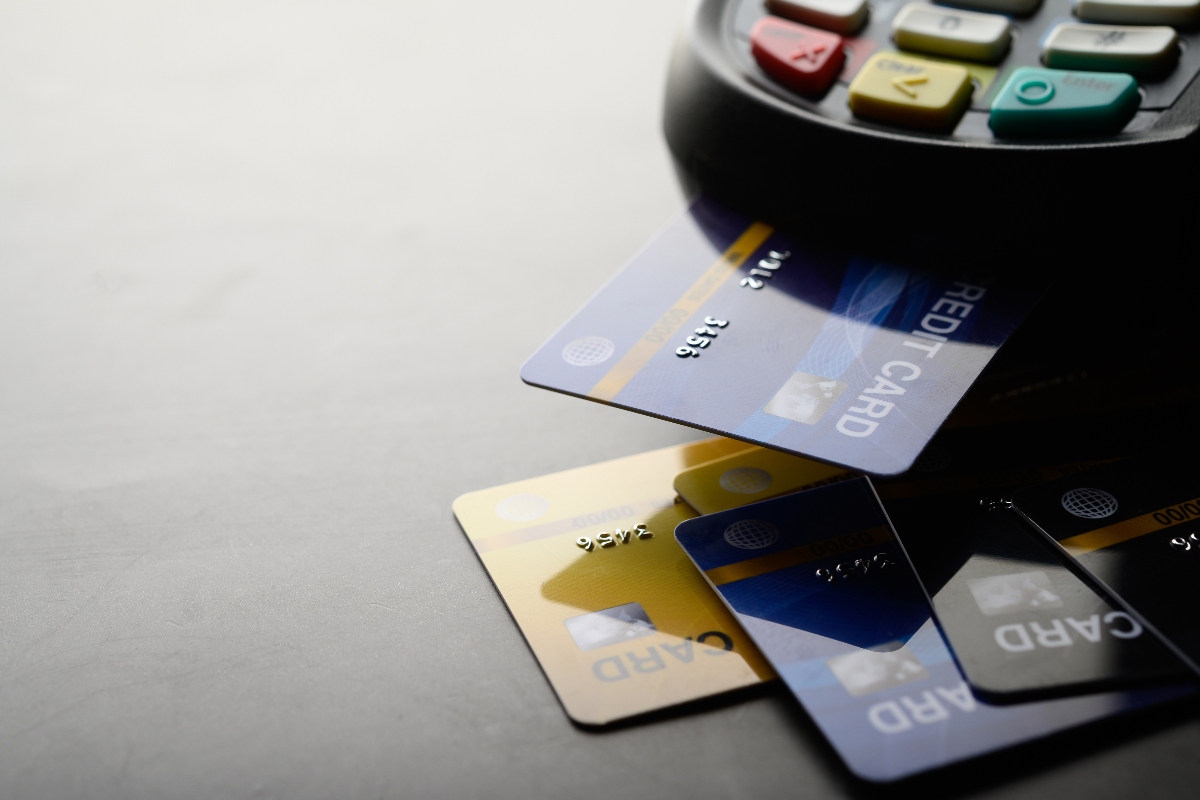Credit cards are a powerful financial tool that, if used properly, can open doors to important financial opportunities, such as obtaining loans at better rates, renting a home or even starting a business. However, poor credit management can lead to hard-to-repay debt, additional fees and a low credit score, which could limit your financial options in the future.
For the U.S. Hispanic community, understanding how to manage credit cards strategically is critical to achieving financial stability and success. Here, QueOnnda.com explains how to do it.
A defined purpose

Credit cards should not be considered as extra money or additional income.
Rather, they are a financial tool that, if managed consciously, will help you achieve your financial goals.
How to do it?
Cover only expenses that you can pay at the end of the month: Use your card only for purchases that are already included in your monthly budget, such as food, transportation or services.
Pay the balance in full each month: This will avoid interest charges, which can be high (on average between 16% and 25% APR in the U.S.), and will help maintain a healthy credit score.
Avoid making impulse purchases: Ask yourself if you really need what you are about to buy and if you can afford it immediately.
Paying your balance in full each month not only avoids interest, but also improves your credit score
QuéOnnda.com
Benefits and costs

Each credit card has terms and conditions that affect how it should be used. Before choosing or using a card, be sure you understand the following:
Interest Rate (APR)
The APR (Annual Percentage Rate) indicates the annual cost of borrowing money if you do not pay the balance in full. Rates vary by issuer and the borrower’s credit history.
Key tip: Pay your balance in full each month to avoid interest charges. If you can’t, prioritize paying more than the minimum to reduce the cost of debt.
Rewards and benefits: Some cards offer rewards such as points, travel miles or cash back. Consider whether the benefits align with your lifestyle: For example, if you travel frequently, a card with airline rewards might make sense.
Additional fees: Check the fine print: Many cards charge fees for late payments, cash advances or balance transfers.
Example: A common fee is the annual cost of the card. Evaluate whether the benefits outweigh this cost before purchasing.
Personal spending limit

Even if the card issuer grants you a high credit limit, it is advisable to establish a lower personal spending limit to avoid over-indebtedness.
Why is it important?
Prevent over-indebtedness: Spending below your card limit reduces the risk of accumulating bad debt.
Helps you control your budget: Keeping a monthly control of what you spend with the card will allow you to pay the total balance each month without problems.
“A clear budget and a conscious use of the card are the best strategy to avoid financial problems,” says José Pérez, a specialist in financial education.
Improve your credit

Credit history is key to obtain mortgage loans, auto loans or even to rent a property.
A good credit score (FICO score) is generally between 670 and 850, and using credit cards responsibly contributes significantly to achieving it.
For more information, visit QueOnnda.com.























